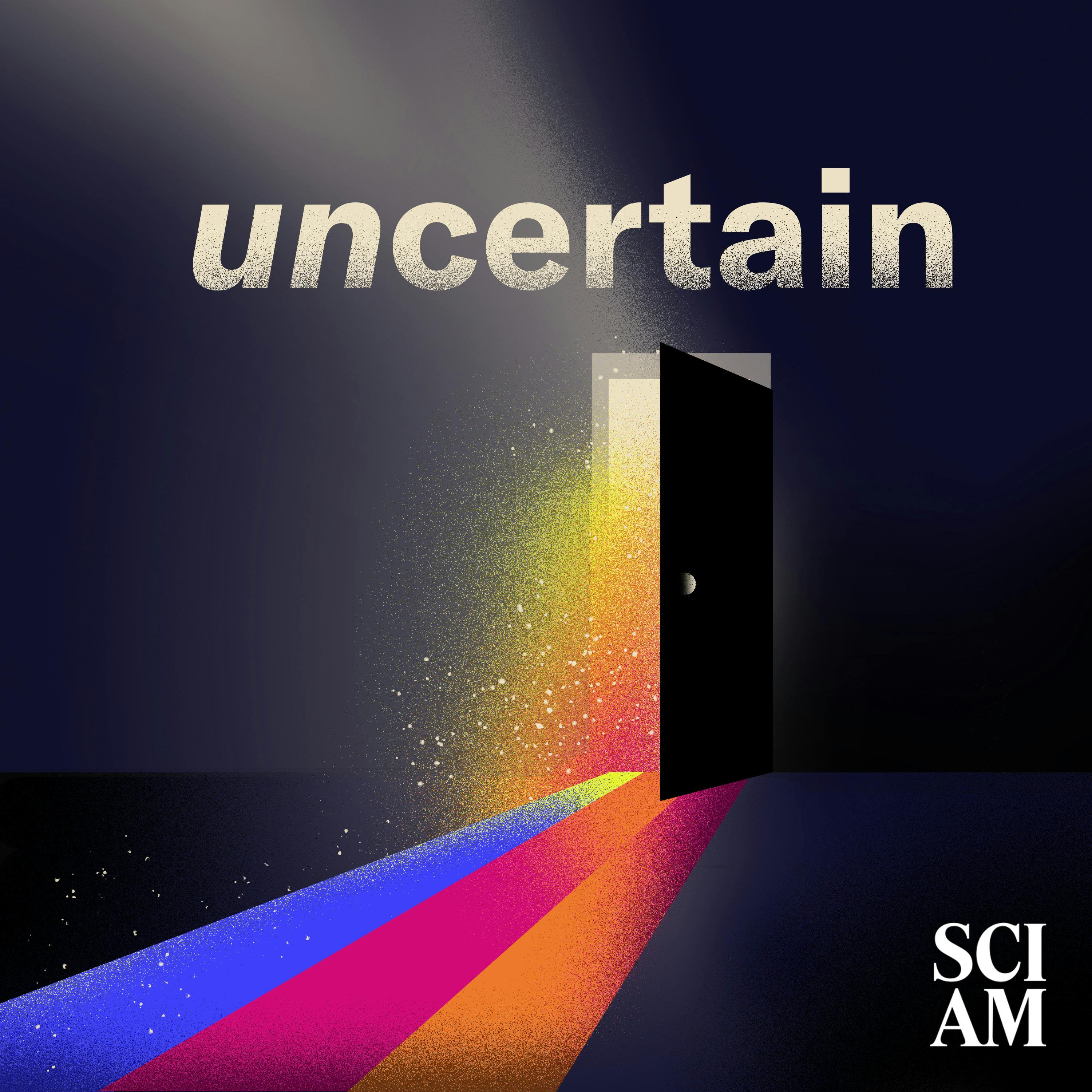

Science Talk
Scientific American
Science Talk is a podcast of longer-form audio experiments from Scientific American--from immersive sonic journeys into nature to deep dives into research with leading experts.
Episodes
Mentioned books

Oct 2, 2019 • 26min
Talking Health and Energy at U.N. Climate Action Summit
Scientific American senior editor Jen Schwartz talks with WHO officials Maria Neira and Agnès Soucat about climate and health and with Rachel Kyte, special representative to the U.N. secretary-general for, and CEO of, Sustainable Energy for All.
Learn more about your ad choices. Visit megaphone.fm/adchoices

Sep 27, 2019 • 22min
Kicking Climate Change: Wins for Health, the Economy and Security
Former EPA administrator Gina McCarthy talks with Scientific American’s Andrea Thompson about the widespread benefits of taking action against climate change.
Learn more about your ad choices. Visit megaphone.fm/adchoices

Sep 24, 2019 • 36min
The Mathematical Language of Nature
Physics historian Graham Farmelo talks about his latest book, The Universe Speaks in Numbers: How Modern Math Reveals Nature's Deepest Secrets.
Learn more about your ad choices. Visit megaphone.fm/adchoices

Aug 10, 2019 • 41min
Jacks-of-All-Trades Make the Grade
Journalist and author David Epstein talks about his new book Range: Why Generalists Triumph in a Specialized World.
Learn more about your ad choices. Visit megaphone.fm/adchoices

Jul 21, 2019 • 26min
It's Melting: Science on Ice
Glaciologist Elizabeth Case of the Lamont-Doherty Earth Observatory at Columbia University’s Earth Institute takes us out near Juneau, Alaska, to study and live on the shifting ice.
Learn more about your ad choices. Visit megaphone.fm/adchoices

Jul 17, 2019 • 49min
Joseph Lange's Campaign against HIV
Seema Yasmin, director of research and education at the Stanford Health Communication Initiative, talks about her book The Impatient Dr. Lange: One Man’s Fight to End the Global HIV Epidemic. Lange was killed five years ago today when flight MH17 was shot down.
Learn more about your ad choices. Visit megaphone.fm/adchoices

Jun 25, 2019 • 46min
Bone Up on What's Inside You
Author and self-described fossil fanatic Brian Switek talks about his new book Skeleton Keys: The Secret Life of Bone. Learn more about your ad choices. Visit megaphone.fm/adchoices

Jun 19, 2019 • 36min
Solving Our Plastic Problem
At Scientific American's third Science on the Hill event, experts from academia and the private sector met at the Rayburn House Office Building on Capitol Hill to talk with Scientific American editor-in-chief Mariette DiChristina about solutions to our plethora-of-plastics problem.
Learn more about your ad choices. Visit megaphone.fm/adchoices

May 23, 2019 • 38min
Secrets of the Universe Revealed!
Cornell University applied mathematics professor Steven Strogatz talks about his new book Infinite Powers: How Calculus Reveals the Secrets of the Universe.
Learn more about your ad choices. Visit megaphone.fm/adchoices

Apr 29, 2019 • 23min
How the Black Hole Said Cheese
Scientific American's chief features editor Seth Fletcher talks about his book Einstein's Shadow, an account of the long effort to image a black hole that recently came to fruition.
Learn more about your ad choices. Visit megaphone.fm/adchoices


